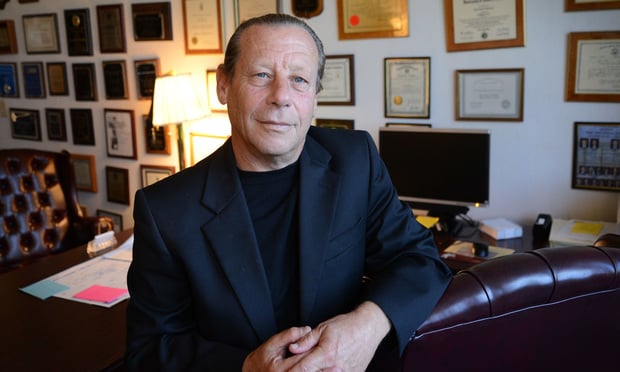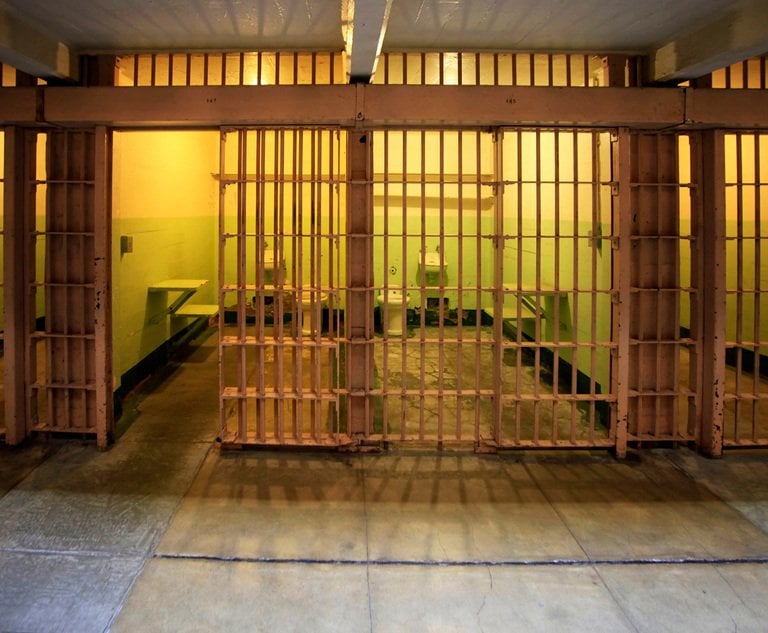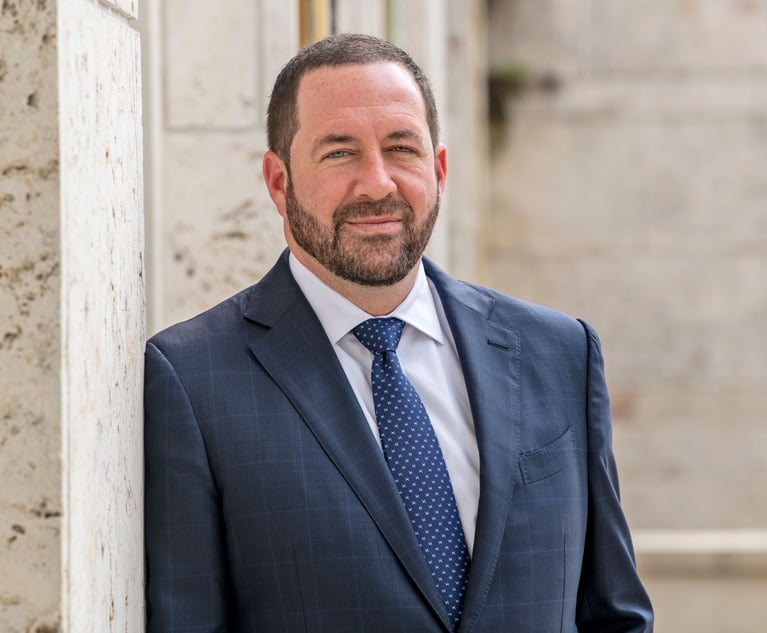With ride-share services appealing increasingly to late-night partygoers, Uber seems to be taking more seriously the risks associated with these passengers—particularly the drunk ones. Uber’s recent moves, including potentially developing artificial intelligence to identify intoxicated passengers, are creating a new set of questions: Is it too late to remove the ride-sharing safety net, and how will restaurants, bars, and community at large be impacted?
Indeed, ride-sharing services like Uber serve over 75 million active monthly riders and provide a valuable safety resource for their customers and the community. While not all users are drunk, ride-share providers definitely appeal to those who had a few cocktails. These patrons can present a variety of difficulties, including dangerous behaviors that can manifest in their drivers’ vehicles.
This content has been archived. It is available through our partners, LexisNexis® and Bloomberg Law.
To view this content, please continue to their sites.
Not a Lexis Subscriber?
Subscribe Now
Not a Bloomberg Law Subscriber?
Subscribe Now
LexisNexis® and Bloomberg Law are third party online distributors of the broad collection of current and archived versions of ALM's legal news publications. LexisNexis® and Bloomberg Law customers are able to access and use ALM's content, including content from the National Law Journal, The American Lawyer, Legaltech News, The New York Law Journal, and Corporate Counsel, as well as other sources of legal information.
For questions call 1-877-256-2472 or contact us at [email protected]


 Robert F. Lewis, of Lewis Fox law firm
Robert F. Lewis, of Lewis Fox law firm




